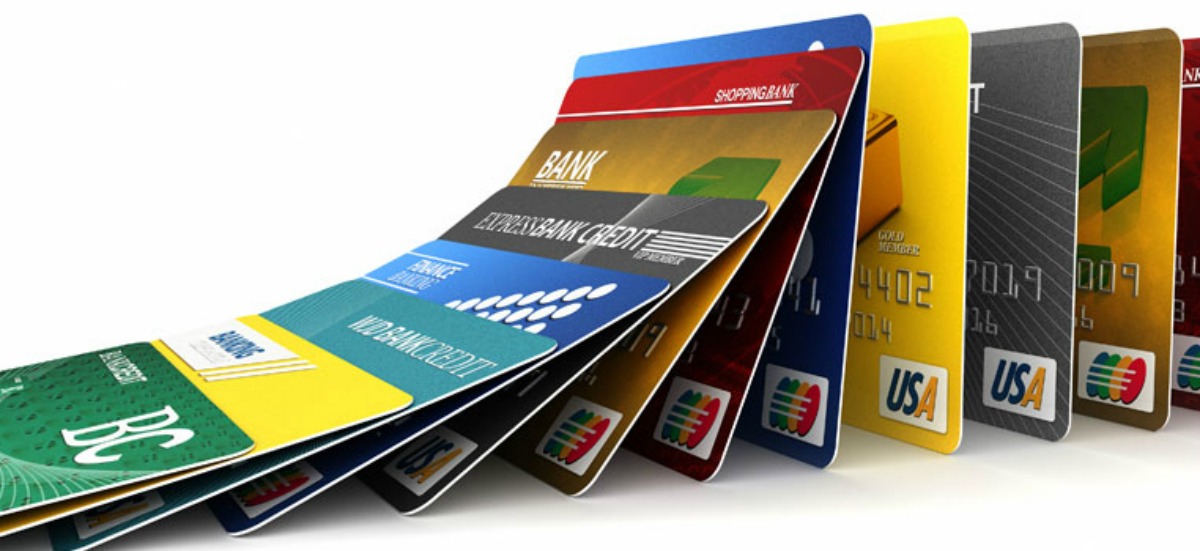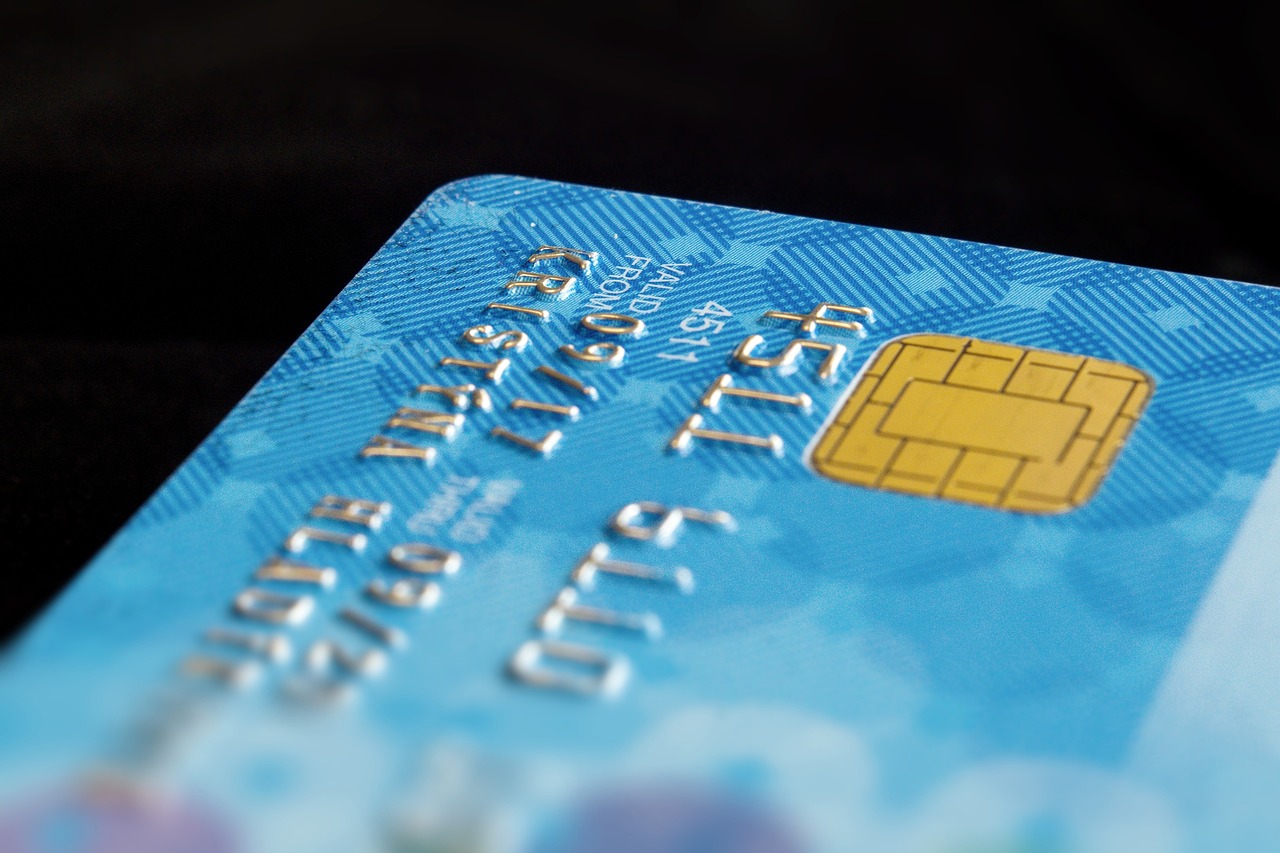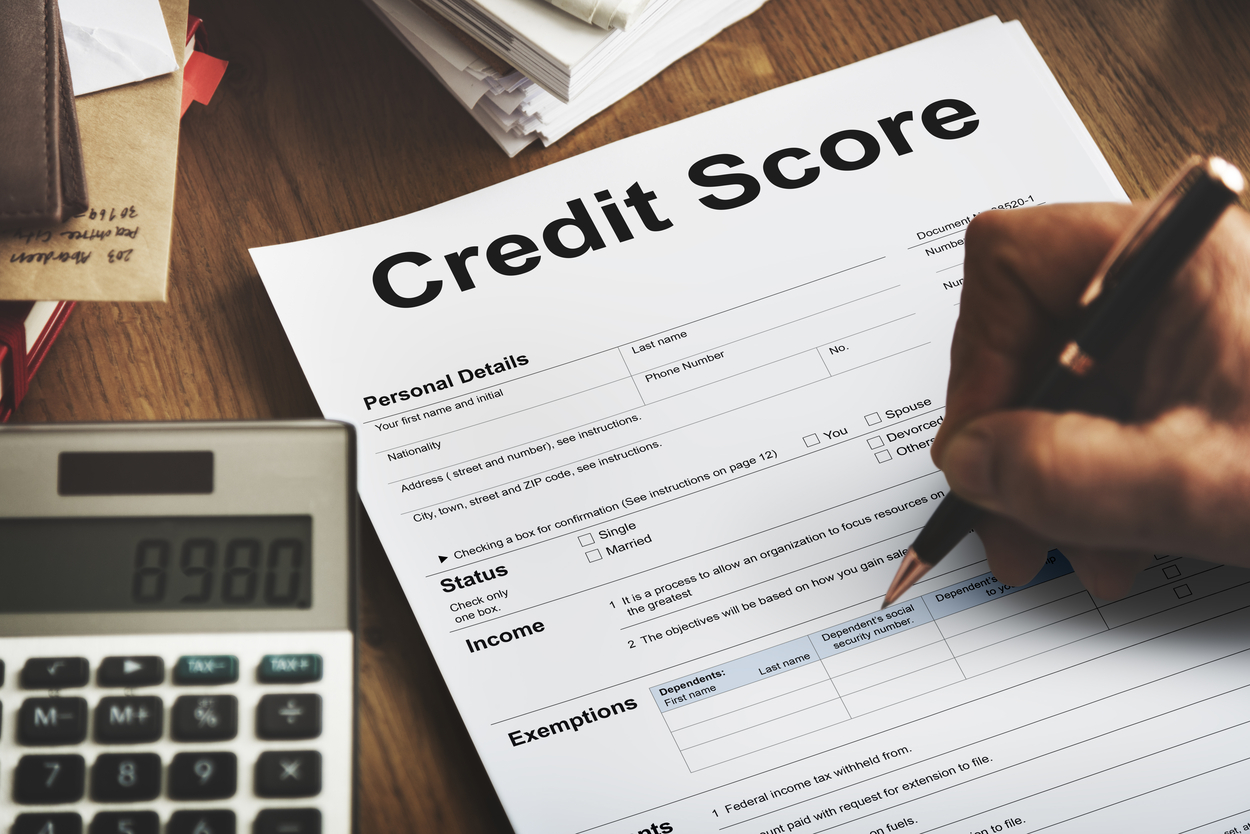Critical Money Mistakes to Avoid in Your 30s: Secure Your Financial Future

If you are like most people in their 30s, you likely spent your 20s finishing college, taking risks, traveling the world, being in relationships, getting your first jobs, or even starting companies.
Everyone in their 40s will tell you about how interesting their 20s were. This was an age where people are allowed to make mistakes.
They are allowed to experiment their entrepreneurial journey because, if they fail, they are still young to get another job.
Now that you are in your thirties, its time to settle down with your family, start climbing the corporate ladder or even accelerate the pace of your company.
People in their forties will tell you how important this stage of your life is.
Here are some money mistakes many people make and how you can avoid them.
Living Without a Financial Plan

A study by Northwestern Mutual found that a third of people were living without a financial plan. In your thirties, this is a category you don’t want to be in.
In your thirties, you know how much money you make, and you can make the projections of how much you will make.
A financial plan, done in consultation with a certified and experienced financial planner will help you identify short and long-term priorities
Furthermore, research shows that people who make solid financial plans often make better choices than those who ignore it.
Accumulating Credit Card Debt

In your thirties, you want to avoid credit card debt as much as possible. Remember, during this age you likely have children and other dependents who look up to you.
At this age also, you have likely not accumulated so much experience at your work place, and if you are an entrepreneur, your business is likely in its infancy.
Therefore, you want to buy what you can afford. Loading too much debt will only expose you to too much immediate and later risks.
Remember, when you fail in your thirties, you have slim chances of being successful later in life.
Not Diversifying Your Income

In your thirties, you are likely an energetic person. Whether you are employed or in business, you need to diversify your source of income.
Luckily, these days, the opportunities to achieve this goal are unlimited. For example, if you are good at trading the financial markets, you can open an account and start trading with as little as $500. If you are good at design, you can create a DesignCrowd account and serve global clients. If you have a car, you can enroll as an Uber driver, and if you have an extra room, you can rent it out through Airbnb.
Diversifying your income will help you have more income to pay for your necessities and your retirement.
Failing to Add to Your 401K

Today, the number of firms matching dollar-for-dollar 401K plans in the country has risen to 42%. In your thirties, you might ignore saving for your retirement.
This is dangerous.
An exciting way to save for your retirement is adding a slight percentage to your 401K deductions every month. For example, if your employer pays for your 401K $100 a month, you can decide to add a single percentage to this.
The earlier you start, the better it will be for you. It will ensure that you have more money for your retirement.
Living the Fast Life

In your thirties, if you have a good job or a successful company, you might be tempted to live the fast life.
In this, you might be tempted to buy the latest model of car, live in a fancy suburb, participate in expensive art auctions, and travel the world.
This is a mistake. Remember, when you are thirty-five, you have more than 35 more years to live. Therefore, you will be at an advantage if you spend most of your money on investments, savings, and buying normal things.
This is because your company could collapse or you could get axed from your job. As I mentioned, when this happens, and you are in your thirties or forties, chances of recovering will be so low.
Failing to Take Medical Insurance

Under Obamacare’s mandate, we were all required to pay for medical insurance. Failure to do this attracted a tax.
This changed when Trump signed the tax reform bill before Christmas.
In your thirties, you might assume that paying for medical insurance is a waste of money. Furthermore, your chances of getting sick are very slim.
This is a mistake. Remember, you can get sick or be hit by a bus at any time. If you don’t have an insurance policy, you will pay more money for your treatment.
An average person pays about $10,000 on insurance policies every year. On the other hand, a three-day hospitalization will set you back more than $30,000 on medical expenses.
Overspending on Kids

We all love our kids. We want them to have the best healthcare, education, meals, and clothing. However, as a parent, you need to know the limits.
Kids, especially those between four and six, will often want everything they see on TV. They will want the latest smartphones, tablets, and toy cars.
As a parent, it might be difficult to say no when kids ask for these items. However, psychologists recommend that you be tough on children and learn to decline their requests. By doing this, you will not only be saving money but also teaching them about financial management.
Forgetting that Every Dollar Counts

In your thirties, in everything you do, you need to remember that every dollar counts. For example, every morning when you are rushing to the office, you likely stop by a Starbucks outlet and spend $4 on a cup of coffee.
Also, you probably subscribe to multiple movie and music streaming services. You are also likely to subscribe to multiple meal-kit services, software packages, and other entertainment services.
Remember, you rarely use some of the services. Alternatively, you can team up with a family member or friend to subscribe to multiple services.
Today, with apps like Acorns, you can save and invest pennies and leap the benefits in years to come.
Buying Premium Designer Items

There is no mistake buying a Breitling or Rolex watch or a $13,500 Tom Ford handbag or a $25,000 Gucci dress.
However, in your 30s, you need to focus on value instead of the name or brand value. In fact, studies have shown that the luxury designer products that sell for thousands of dollars are manufactured for less than $200.
When you focus on value in your thirties, you will accumulate more money and be able to afford the luxurious products in your forties.
Failing to Read and to Exercise

In your thirties, you are energetic and likely healthy. This is not an excuse to be complacent. Instead, you should aim to develop your physical health by exercising and your natural health by reading.
Research has proven that people who read widely tend to make mistakes much less. Also, research has shown that people who take care of their health tend to be more financially successful.
Therefore, ensure that you exercise, eat well, and read widely.
Takeaway
Before you hit 30 years, it is okay for you to take risks, travel the world, and experiment on different professions.
Your thirties should be the years where you need to be serious about your finances, family, and individual skills. If you spend your thirties wisely, you will create a foundation of having fun and enjoying your life after retirement.








